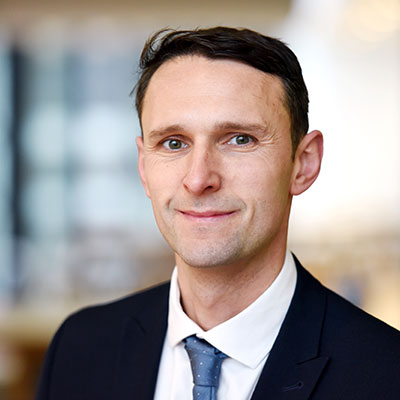Circular Economy and Recycling Innovation Centre (CERIC)
 The Circular Economy and Recycling Innovation Centre is a collaboration between Teesside University and TWI which addresses the advancement of new disruptive technologies designed to help reduce industry's reliance on finite resources and eliminate waste.
The Circular Economy and Recycling Innovation Centre is a collaboration between Teesside University and TWI which addresses the advancement of new disruptive technologies designed to help reduce industry's reliance on finite resources and eliminate waste.

It builds on more than 20 years of experience in research into environmental and sustainable engineering technologies, and assists companies to reduce the impact their operations have on the environment.
Research and development activity examines areas such as recycling, re-use and re-manufacturing, with the aim of conceiving break-through systems and/or processes which will inform the closed-loop approach of the circular economy.
In addition, by concentrating on novel techniques that have less environmental impact, the Centre supports operators of plant, machinery and equipment to extend the life-span of their assets through new approaches and solutions for recovery, repair and repurposing.
Objectives of CERIC
- Create opportunities for industrial symbiosis to help close the materials loop by reducing the need for virgin raw material and waste disposal
- Identify new concepts for recycling and reuse that match industry needs and turn them into viable projects at Technology Readiness Levels (TRLs) 1-6
- Develop new processes and methods for materials breakdown and waste utilisation
- Engage with UK and European supply and value chains to increase the take up of recycling and circular economy approaches to operational management
- Leverage new industrial technologies and solutions through competitively won grant funding, enabling delivery of collaborative projects by consortiums comprising UK companies and European SMEs with complementary experience.
Core areas
- Industrial recycling methods and processes including materials extraction and recovery, waste breakdown and repurposing
- Bio processing techniques and technologies to improve manufacturing methods and reduce waste
- Re-manufacturing to enable resource efficient manufacturing, extending the life of components and their constituent materials to reduce energy use and emissions
- Lean production methods to make components and products with a lower materials requirement
- Asset life cycle management approaches to enable greater recovery, repair and repurpose.
Centre lead

David Hughes
Enterprise Fellow, School of Computing, Engineering & Digital Technologies
More about David Hughes
About TWI
 TWI is one of the world's largest, independent, not-for-profit, membership-based research and technology organisations and has bases in Greece and Germany, South East Asia, India, the Middle East, Central Asia and the USA.
TWI is one of the world's largest, independent, not-for-profit, membership-based research and technology organisations and has bases in Greece and Germany, South East Asia, India, the Middle East, Central Asia and the USA.
TWI has a multi-disciplinary staff of specialist consultants, engineers, scientists, researchers and technicians dedicated to bringing engineering, materials, structural integrity management and joining techniques into the 21st century. Focused on bridging the gap between research and industry, TWI promotes the latest approaches following the digital revolution in industry.
TWI hosts a growing number of Innovation Centres, which share research and technology capabilities and undertake joint research programmes to develop the next generation of technologies and engineers in selected research disciplines.
A number of centres have been set up with academic partners, all of which focus on different areas of joint research.
 University supporting development of new £1m concrete plant
University supporting development of new £1m concrete plant